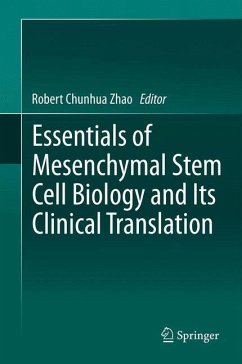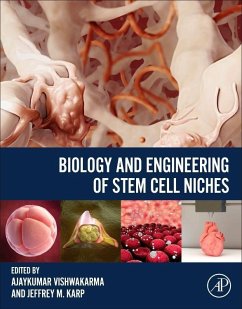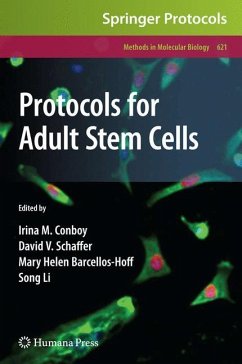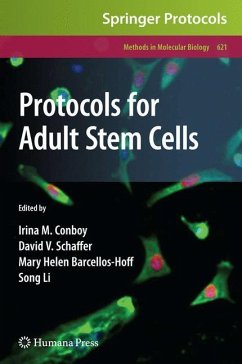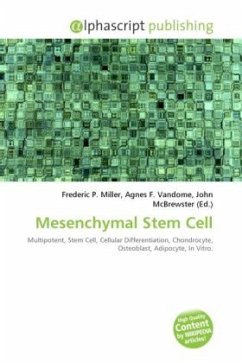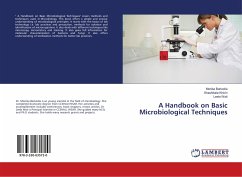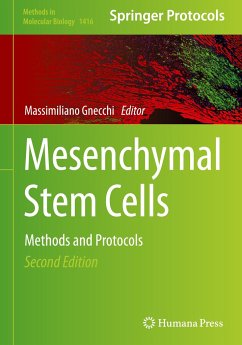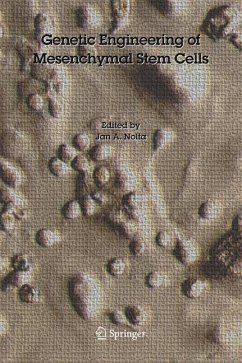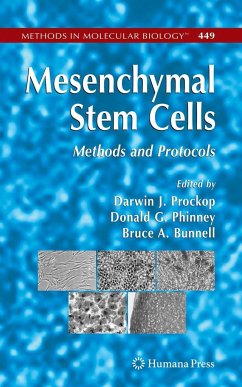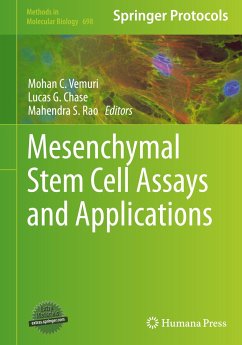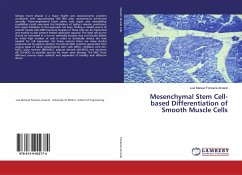
Mesenchymal Stem Cell-based Differentiation of Smooth Muscle Cells
Versandkostenfrei!
Versandfertig in 6-10 Tagen
36,99 €
inkl. MwSt.

PAYBACK Punkte
18 °P sammeln!
Valvular heart disease is a major health and socioeconomic problem worldwide with approximately 300 000 valve replacements performed annually. Tissue-engineered heart valves with repair and remodelling capabilities could overcome the limitations of today's valvular prostheses. One major limitation to this approach has been finding a reliable source of smooth muscle cells (SMC) because biopsies of these cells can be impractical and morbid as also present limited replicative capacity. The ideal cell source should be harvested in a non-or minimally invasive way and should deliver an initial high ...
Valvular heart disease is a major health and socioeconomic problem worldwide with approximately 300 000 valve replacements performed annually. Tissue-engineered heart valves with repair and remodelling capabilities could overcome the limitations of today's valvular prostheses. One major limitation to this approach has been finding a reliable source of smooth muscle cells (SMC) because biopsies of these cells can be impractical and morbid as also present limited replicative capacity. The ideal cell source should be harvested in a non-or minimally invasive way and should deliver an initial high number of cells in order to drastically reduce the time needed for cell expansion. For these reasons there are many studies endeavoured to explore whether functional SMC could be generated from various types of adult mesenchymal stem cells (MSC): Umbilical cord (UC-MSC), bone marrow (BM-MSC), adipose derived (AD-MSC) and chorionic villi (CV-MSC) as possible sources for heart valve therapy. The MSC from different sources were isolated and expanded of healthy and different donor.



